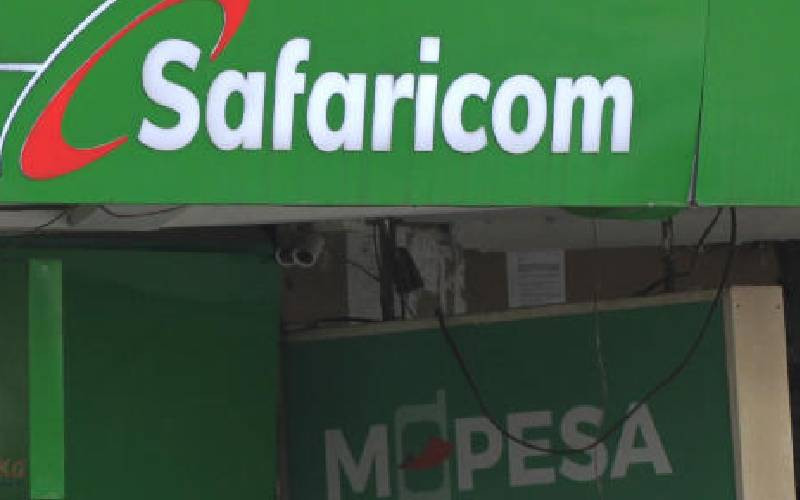×
The Standard e-Paper
Smart Minds Choose Us

One of Kenya Kwanza's campaign promises was splitting Safaricom, with M-Pesa becoming an independent entity.
Central Bank of Kenya Governor Patrick Njoroge seems to support that move, with January 2023 as the due date.